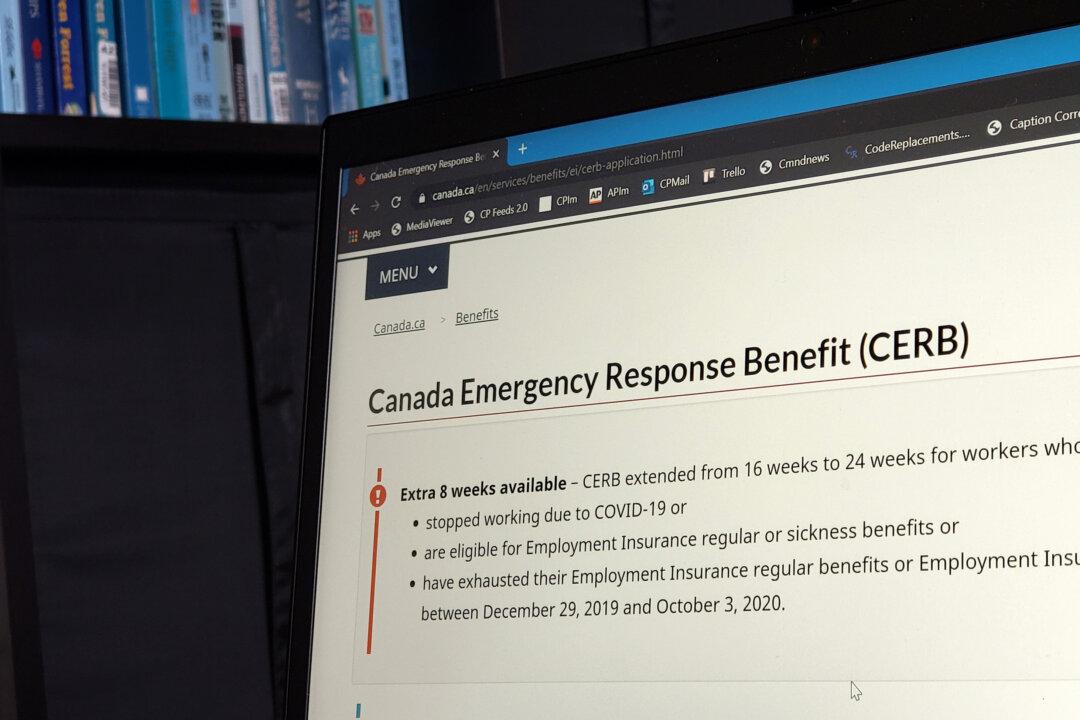A total of 620,310 Canadians who received the Canada Emergency Response Benefit (CERB) but were deemed ineligible for it have not repaid any of their CERB debt, according to a response from the Canada Revenue Agency (CRA) to an MP’s recent Inquiry of Ministry.
The CRA further states that 264,546 Canadians deemed ineligible for the benefit have fully repaid their CERB debt, and 62,982 have partially repaid it. The figures, released March 29, were requested by New Democrat MP Daniel Blaikie and represent data as of Feb. 16.





